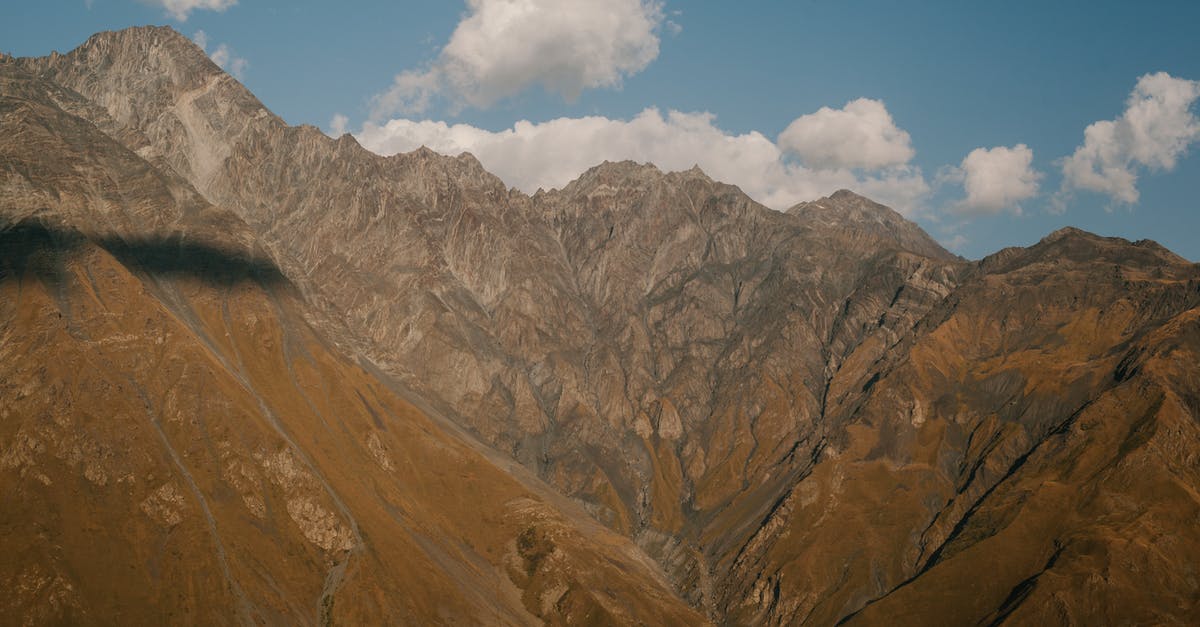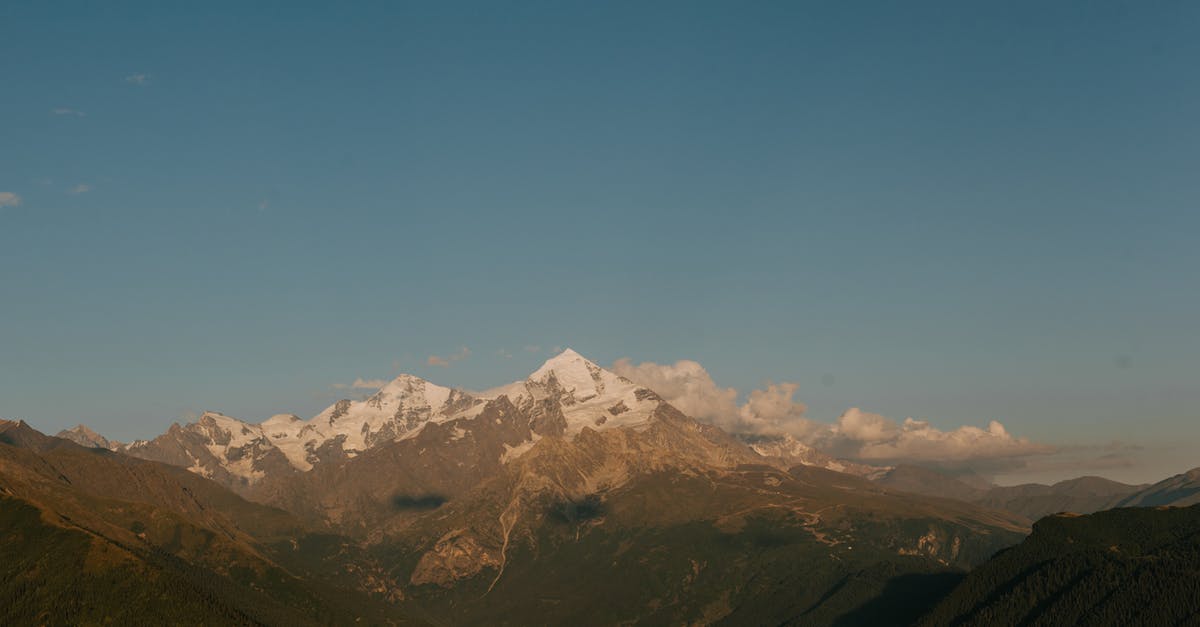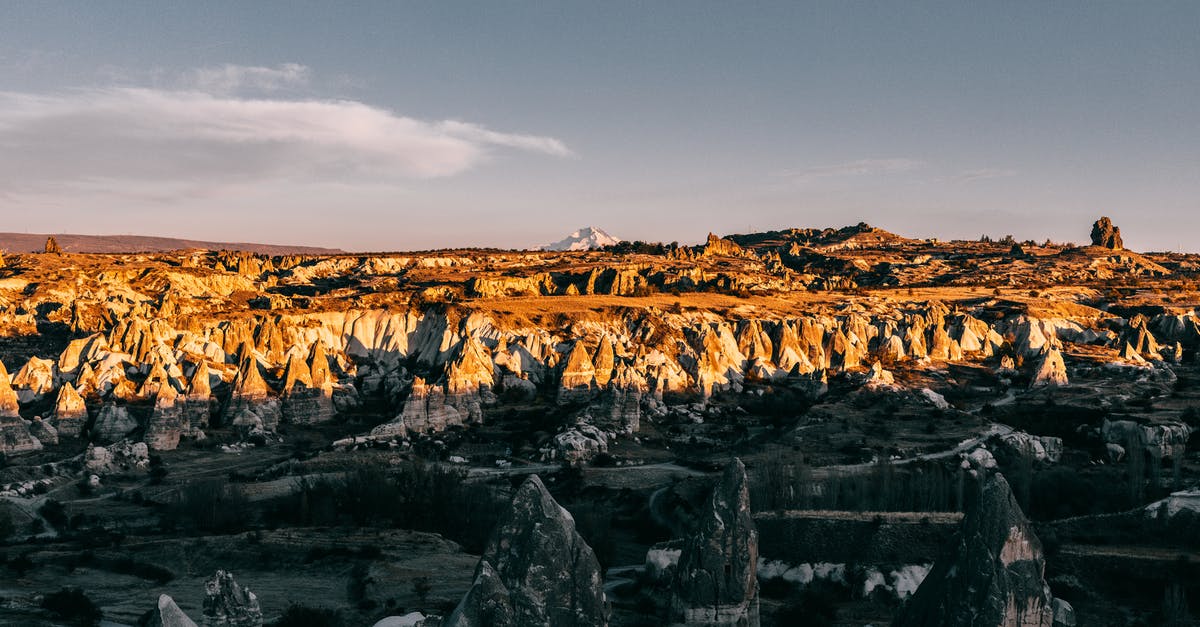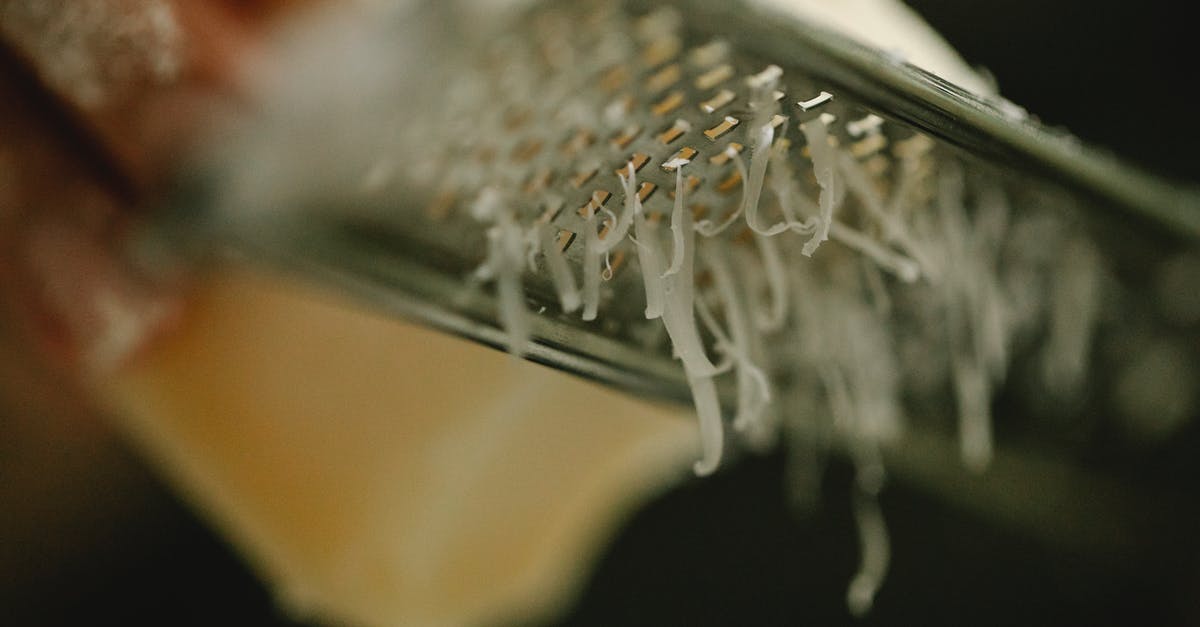Creme brulee has hard top layer

As some of you may have noticed, I'm on the trails of making perfect good creme brulee.
Recently I've had great success and ended up with creme brulee of nice consistency... however there the top layer seems to be thicker and harder than the rest.
Allow me to elaborate:
After taking the creme out of the oven and allowing it to set in a fridge and before melting sugar on top I find that the top layer of my creme (about a cm's width) is hard and if I press on it it "breaks" almost like it froze on the top like surface water freezes into ice.
Below that layer the creme is like caramel, it's not hard at all and the "hardness" of this top layer is not caused by the low temperature of the fridge (I think).
Could this be because I bake my creme in a bain marie / water bath in an oven with both the top and bottom element on (i.e. the ramkins are getting heat from the top and bottom/sides)?
My recipe:
- 3 egg yolks
- 250ml whipping cream
- 70ml plain white granulated refined sugar (should be the same kind people put in everything)
I put the yolks, cream and sugar in the mixer bowl. Let the mixer mix them for a couple of minutes, pour into ramekins. Put the ramekins in a deep pan. Fill the pan with water so that the water covers the ramekins about halfway. Watch that no water gets in the ramekins. Turn the oven on. Put a thermometer in the water. When the water gets to ~85 degrees Celsius, leave it like that for a while. Turn oven off, let cool.
After all that the custard is still "soft". It continues to be soft after cooled to a little warmer than room temperature. Only after left alone for an hour or two does it develop this "crust".
UPDATE:
I just made Creme Brulee with only the bottom heating element turned on - same thing happened.
I should mention this happens only after the cremes are cooled - when taking them straight out of the oven there is no harder upper layer. Could it be that, akin to pudding, it dries up if you do not cover it in plastic wrap? This does not happen with crem caramel (a close relative of creme brulee).
Maybe I should mention I am cooking them for longer at a lower temperature than most recipes? But please don't jump to conclusions that this is the reason if you do not have some solid reason of thinking so.
Best Answer
I had this happen to me - it's because fat gathers on the top of the creme.
After heating the creme, for some reason, fat/oils gather at the top of the creme and when cooled become the hard layer you have described. It's just what normally happens to fat when you cool it down - it gets hard.
You can try stirring your creme before letting it cool down completely, unfortunately I do not know why this happens or how to fix it, otherwise.
EDIT: Apparently, as @mathgenius pointed out, this happens if you use vegetable oil based cream. He reported that when using animal far cream the problem was fixed.
Pictures about "Creme brulee has hard top layer"



Why does my crème brûlée have a layer on top?
I had this happen to me - it's because fat gathers on the top of the creme. After heating the creme, for some reason, fat/oils gather at the top of the creme and when cooled become the hard layer you have described. It's just what normally happens to fat when you cool it down - it gets hard.Does crème brûlée have a hard top?
Creme brulee is a French dessert made of a rich custard base topped with a layer of hard, molten caramelized sugar. Typically, creme brulee is found in \u201cfancy\u201d restaurants. Servers will typically sprinkle the unadorned custard with sugar at your table, then torch it to finish it.How do you get a smooth top on crème brûlée?
To get the desired creamy texture, do not overbake your cr\xe8me br\xfbl\xe9e. The key is to aim for a jiggly centre. Your cr\xe8me br\xfbl\xe9e might look undercooked after the suggested baking time, but don't be tempted to continue baking! The cr\xe8me br\xfbl\xe9e will gradually thicken as it cools down.Why is my crème brûlée gritty?
The cr\xe8me br\xfbl\xe9e is grainy and rubbery You most probably overcooked the cr\xe8me br\xfbl\xe9e. Solution: If baking without a water bath, use an oven thermometer to make sure the temperature never exceeds 100\xb0C (212\xb0F). Although I would recommend using a water bath if at all possible.Easy and Amazing Creme Brulee Recipe | Preppy Kitchen
Sources: Stack Exchange - This article follows the attribution requirements of Stack Exchange and is licensed under CC BY-SA 3.0.
Images: Julia Volk, Julia Volk, Meruyert Gonullu, Klaus Nielsen
